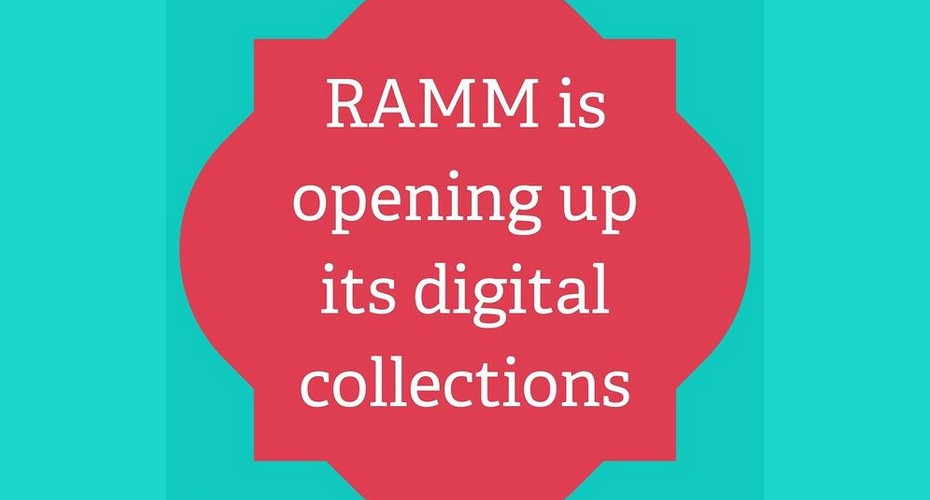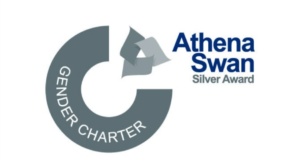The Royal Albert Memorial Museum & Art Gallery and University of Exeter bring open access to museum collections

The first organisation to collaborate with the GLAM-E Lab was the Royal Albert Memorial Museum and Art Gallery in Exeter
An exciting collaboration between an Exeter museum and University is helping to ensure the museum’s incredible collections are available for use by everyone.
The partnership between the Royal Albert Memorial Museum & Art Gallery (RAMM) and the GLAM-E Lab at the University of Exeter, will help spread awareness of incredible artworks and ensure the public can use them for free and without permission.
For the past year, RAMM staff have been working with the GLAM-E Lab and Exeter Law School students to make their collections open access for all.
This will allow people around the world to make new cultural discoveries and raise RAMM’s profile. It is just the 9th UK cultural institution to adopt open access for all digital collections.
Cultural institutions often claim and enforce rights over the reproduction images of works in their collections. This means they refuse requests for the use of the images or charge high fees. This can impede free and creative expression, especially when copyright in the artwork has expired.
GLAM-E Lab researchers are working to support museums to embrace open access. Their work with the RAMM has led to the museum publishing their reproduction images under an open licence that ensures the images join other materials in the public domain and can be used by anyone for any purpose.
Julien Parsons, RAMM Collections Team Manager and part of the Co-Leadership Team, said: “We’re thrilled to be able to announce RAMM’s open access strategy which we envision will make our public domain collections available to everyone, for research, inspiration and enjoyment.
“We believe that open access assists RAMM to fulfil its central purpose. Adopting an open access approach lets users access digitised collections and contribute to the rich cultural heritage of Exeter, regardless of where they are. We want people to be inspired, informed and entertained by RAMM’s collection and to use them to foster individual creativity. We recognise the importance of providing knowledge and information to the public to advance our mission and to unlock new cultural discoveries.”
The GLAM-E Lab is a joint initiative between the University of Exeter and the Engelberg Center on Innovation Law & Policy at NYU Law School. Experts are developing policies and toolkits for cultural institutions on open collections. They provide legal counsel to cultural institutions and organisations as they develop their open access programs. The solutions created are then integrated into model policies, terms of service and guidance that can be used by other organisations.
GLAM-E Lab Co-Director Dr Andrea Wallace, from the University of Exeter, said: “As we clear copyright in RAMM’s collections over the next year, we’ll publish the images under a public domain dedication that allows anyone to freely use the images for any purpose without permission. We’ll also digitise new collections in 2D and 3D and publish them on RAMM’s website and other platforms where the public can find and enjoy them.”
Because some of RAMM’s collections are still under copyright protection, restrictions will still apply to these images. However, when the copyright expires, RAMM will publish the reproductions to the public domain alongside its other copyright-free digital collections.
The images which are open access are currently available for download on Wikimedia Commons. All images will eventually be available for download at rammcollections.org.uk. RAMM, the GLAM-E Lab and Wikimedia UK are working together over the coming year on a new line of programming and more image releases.
Users are being asked to credit the Royal Albert Memorial Museum so that researchers and other users can identify the source of the material.
Watch RAMM’s open access video announcement on YouTube
This project is funded by the Arts and Humanities Research Council and the University of Exeter’s AHRC Impact Accelerator Account.
This press release is published under a CC BY 4.0 licence.



